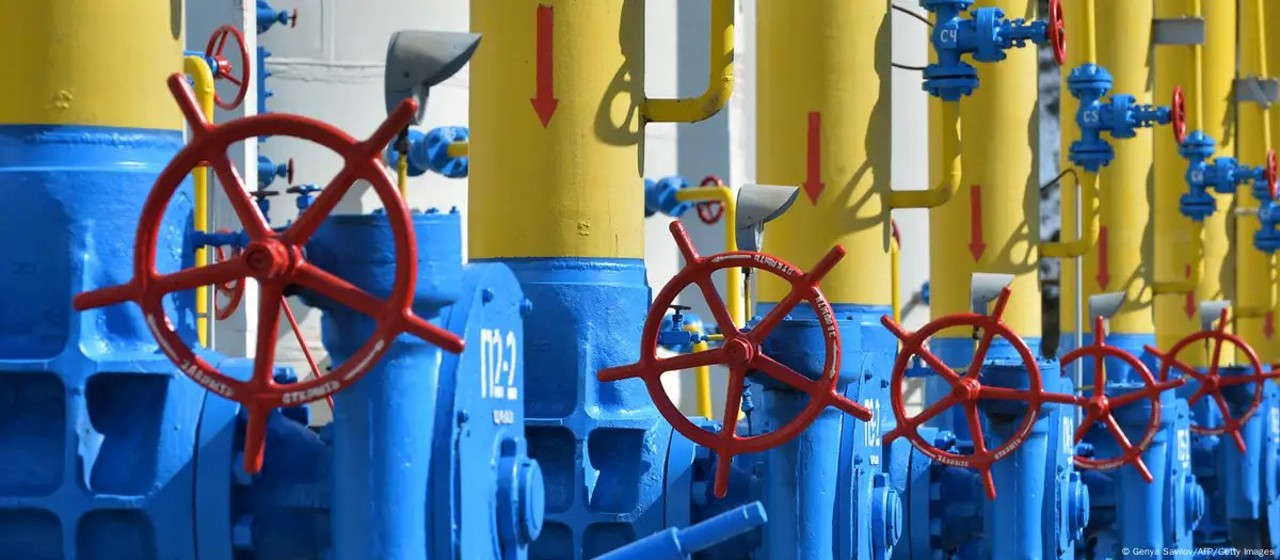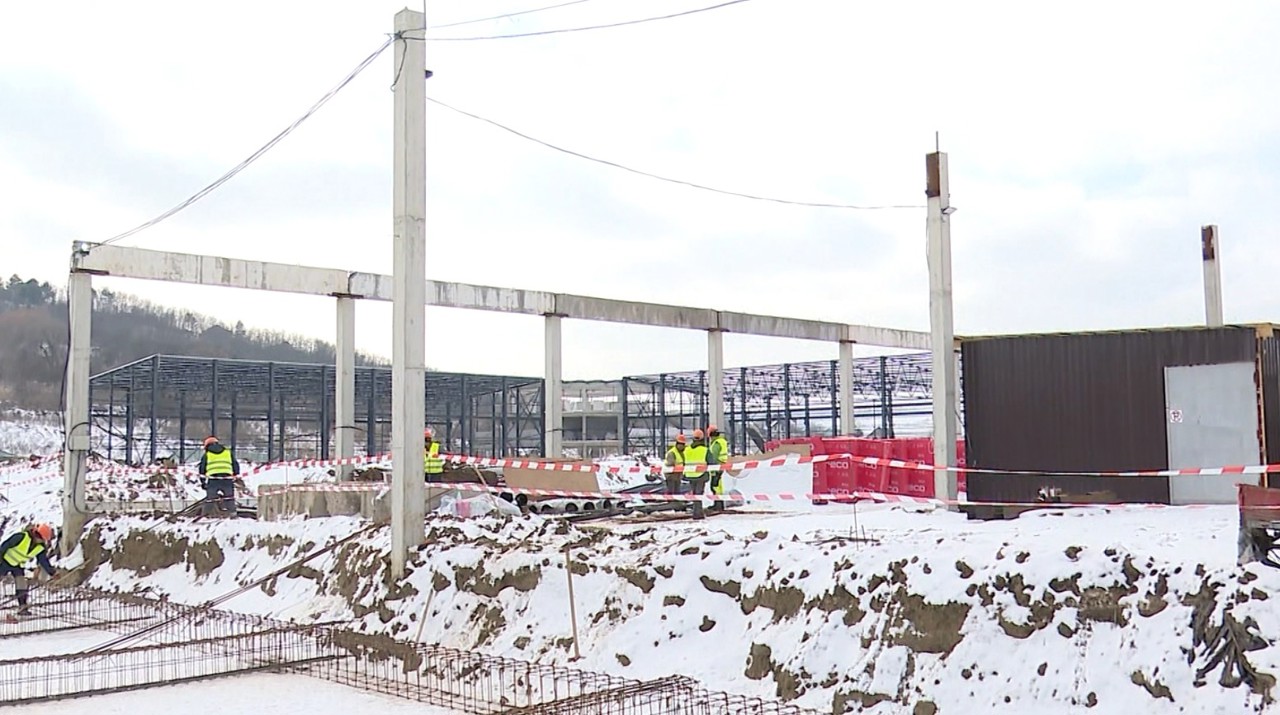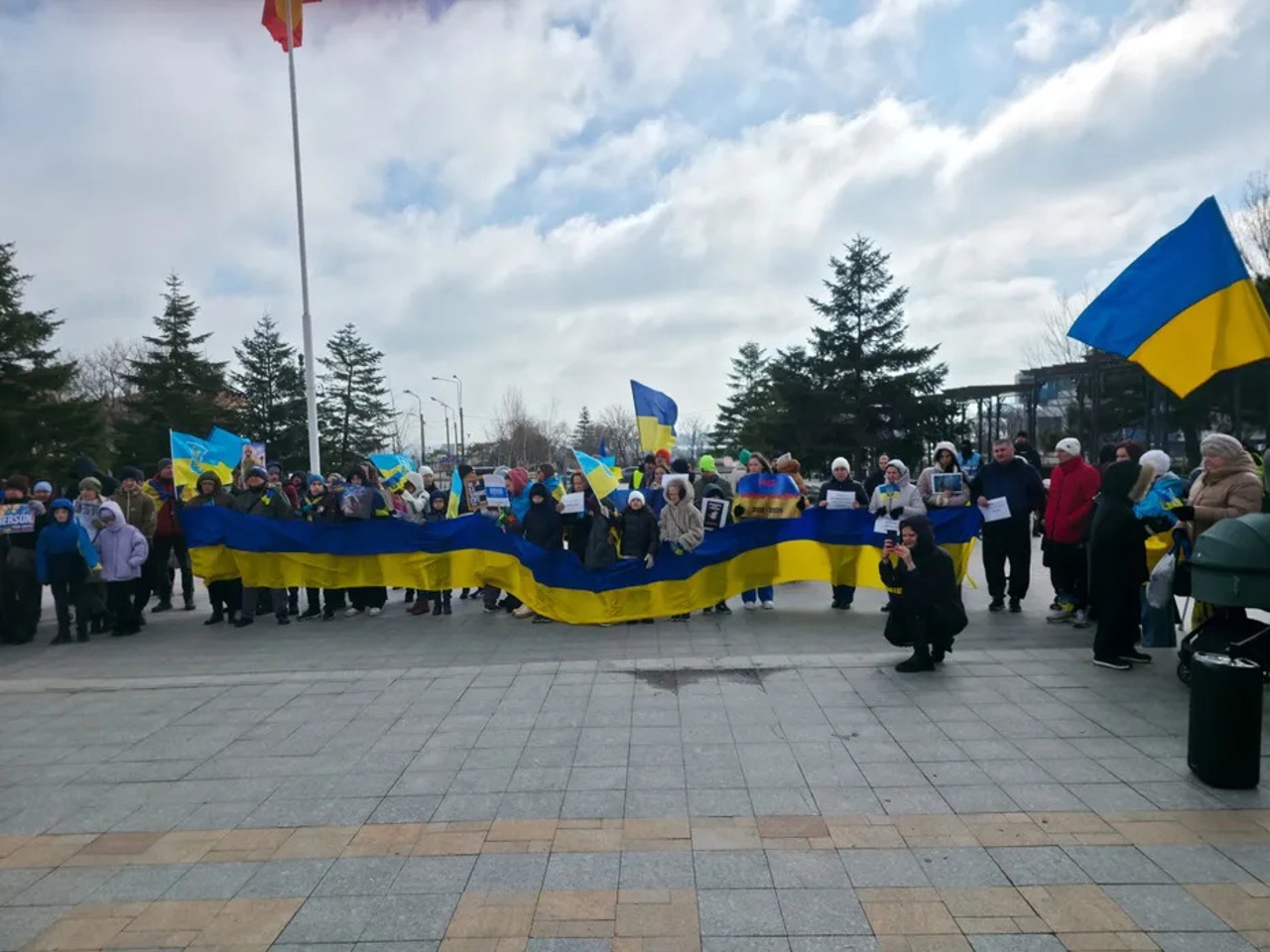EU prepares for Russian gas transit disruption through Ukraine
The European Union is ready to handle a potential disruption in Russian gas transit through Ukraine, as reported by DW.

According to the source, that European infrastructure is flexible enough to guarantee gas supplies from third countries via alternative routes to Central and Eastern Europe.
The European Commission emphasized that it has been collaborating with member states for over a year to implement alternative solutions. The capacity to import liquefied natural gas (LNG) has been significantly increased, and initiatives to enhance energy efficiency and expand the use of renewable energy have bolstered the reliability of gas supplies.
Regarding the energy situation, Slovak Prime Minister Robert Fico met with Russian President Vladimir Putin in Moscow on December 22. Fico explained that the meeting was in response to remarks made by Ukrainian President Volodymyr Zelensky on December 19, in which Zelensky opposed the transit of gas through Ukraine to Slovakia.
The contract for Russian gas transit to Europe via Ukraine will expire on January 1, 2025, and negotiations between Moscow and Kyiv to extend it have failed.
Slovakia threatens to cut electricity supplies to Ukraine
On December 27, Slovak Prime Minister Robert Fico declared that Slovakia might stop electricity supplies to Ukraine starting January 2025 "if necessary."
Ukrainian President Volodymyr Zelensky countered on December 28, asserting that the Slovak Prime Minister was acting under Kremlin influence, suggesting that Vladimir Putin might have urged him to open "a second energy front against Ukraine" to the detriment of the Slovak people.
As a reminder, starting December 16, a state of emergency was declared across the Republic of Moldova for a period of 60 days. The country faces the risk of an energy crisis after the Russian company Gazprom announced the suspension of natural gas deliveries to the Transnistrian region. Authorities have warned that such a situation could trigger a humanitarian crisis in the Transnistrian region, home to approximately 300,000 people. Additionally, the energy crisis could lead to power outages and rising prices on the right bank of the Dniester River, officials added.
Translation by Iurie Tataru





